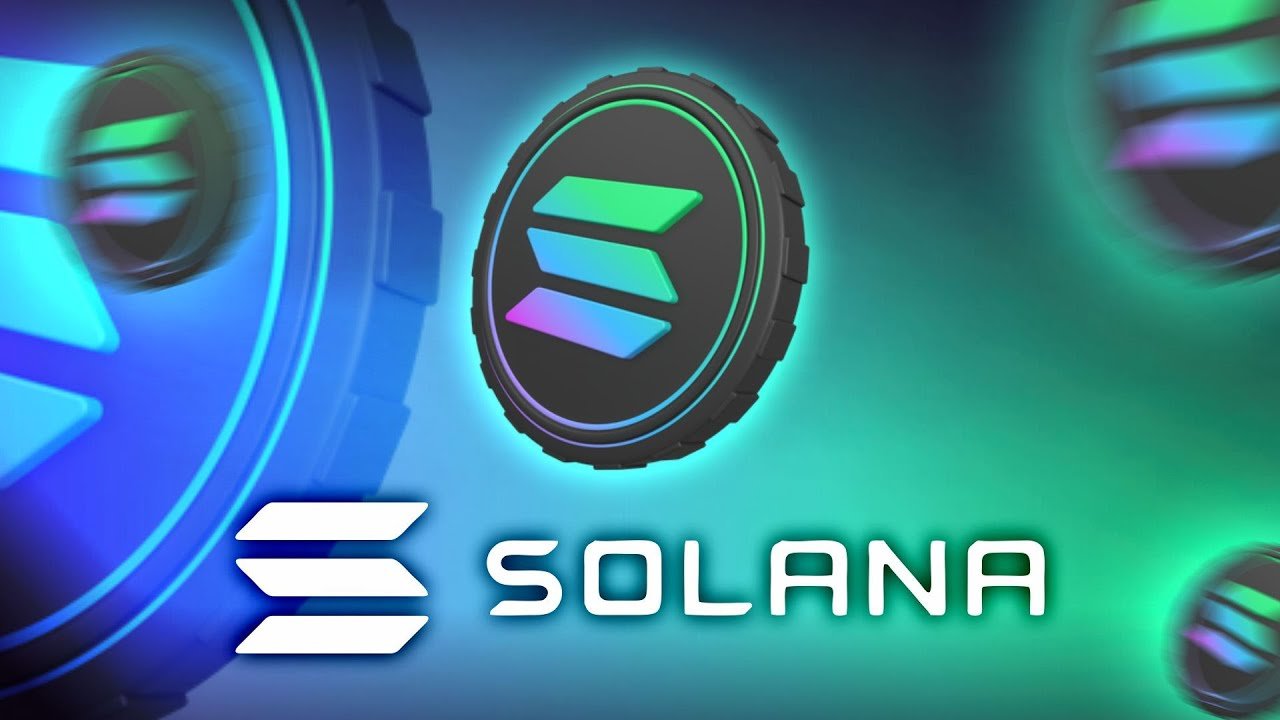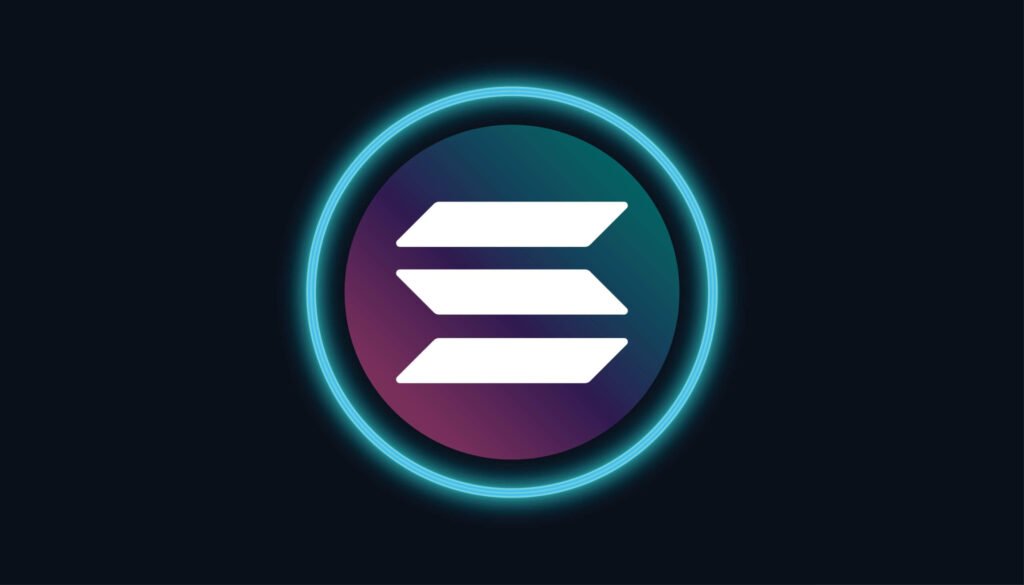The blockchain industry has witnessed remarkable evolution, with transaction speed becoming a critical factor determining network success. Among the leading blockchain platforms, Solana stands out for its exceptional Solana network speed advantages that have revolutionized how we think about blockchain scalability.
With the ability to process over 65,000 transactions per second (TPS), Solana has established itself as one of the fastest blockchain networks in the world, offering developers and users unprecedented performance capabilities that address the scalability trilemma that has long plagued the industry.
Understanding these speed advantages is crucial for anyone involved in blockchain development, DeFi applications, or cryptocurrency investments. Solana’s innovative approach to consensus mechanisms and network architecture has created a platform that can handle enterprise-level throughput while maintaining decentralization and security. This comprehensive analysis explores the technical innovations, real-world performance metrics, and practical implications of Solana’s speed-focused design.
Understanding Solana Network Speed Advantages
The Foundation of Lightning Fast Processing
Solana’s remarkable speed stems from its revolutionary consensus mechanism that combines Proof of History (PoH) with Proof of Stake (PoS). This hybrid approach eliminates the traditional bottlenecks that limit other blockchain networks, creating a system where transactions can be processed in parallel rather than sequentially.
The network’s architecture supports theoretical throughput of up to 710,000 TPS, though current real-world performance consistently delivers around 65,000 TPS for simple transactions. This performance gap between theory and practice exists because real-world applications involve complex smart contract interactions that require more computational resources than basic transfers.
How Solana Achieves Superior Transaction Speeds
The secret behind Solana’s speed lies in its innovative time-keeping mechanism. Traditional blockchains rely on nodes communicating with each other to agree on transaction ordering, which creates delays. Solana’s Proof of History creates a cryptographic clock that timestamps transactions before they’re processed, allowing the network to maintain consensus without extensive communication between validators.
This architectural innovation enables Solana to process thousands of transactions simultaneously across multiple cores, rather than processing them one by one like traditional blockchains. The result is a network that can handle real-time applications, high-frequency trading, and complex DeFi operations without the congestion issues that plague other platforms.
Proof of History The Speed Engine Behind Solana

Revolutionary Consensus Mechanism
Proof of History represents a paradigm shift in blockchain consensus mechanisms. Unlike traditional systems that require extensive communication between nodes to establish transaction order, PoH creates a verifiable passage of time between events. This cryptographic innovation acts as a universal clock for the entire network, eliminating the need for validators to spend time debating the sequence of transactions.
The mechanism works by creating a continuous sequence of SHA-256 hash calculations, where each hash references the previous one. This creates an immutable timeline that proves specific events occurred at particular moments in blockchain history. Validators can verify this timeline independently, allowing the network to maintain consensus with minimal communication overhead.
Enhanced Network Efficiency Through Time Synchronization
The time synchronization capabilities of PoH provide significant efficiency gains. Traditional blockchain networks often experience delays when validators disagree about transaction timing or when network conditions vary. Solana’s PoH eliminates these issues by providing a single, verifiable source of truth for transaction ordering.
This synchronization advantage becomes particularly important during periods of high network activity. While other blockchains may slow down or become congested when transaction volume increases, Solana maintains consistent performance because validators don’t need to spend additional time reaching consensus about transaction timing.
Real World Performance Metrics and Benchmarks
Current Transaction Processing Capabilities
Recent performance data reveals the impressive scale of Solana’s transaction processing capabilities. The network consistently handles around 3,000-4,000 TPS in real-world conditions, with the ability to surge beyond 65,000 TPS during benchmark testing. During peak demand periods, the network has demonstrated capacity for over 2,000 user-generated transactions per second.
These metrics position Solana significantly ahead of competitors. Ethereum processes approximately 15-45 TPS, while Bitcoin handles around 7 TPS. This represents a performance gap of more than 100x in favor of Solana, highlighting the dramatic impact of its architectural innovations on practical blockchain utility.
Comparative Analysis with Other Blockchain Networks
Industry analysis consistently ranks Solana among the fastest blockchain networks globally. CoinGecko research identified Solana as achieving 1,504 TPS in daily average throughput, making it approximately 46 times faster than Ethereum. This speed advantage translates directly into practical benefits for users and developers.
The performance differential becomes even more significant when considering transaction costs. While Ethereum’s gas fees can exceed $50 during periods of network congestion, Solana maintains average transaction costs below $0.0025, regardless of network utilization levels.
Technical Architecture Enabling High Speed Processing
Parallel Processing Capabilities
Solana’s technical architecture leverages parallel processing to achieve its impressive speed metrics. The network can execute multiple transactions simultaneously across different processing cores, rather than processing them sequentially like traditional blockchains. This parallel execution model is made possible by the network’s ability to identify which transactions can be processed independently.
Smart contracts on Solana specify which accounts they will read from and write to before execution begins. This advanced declaration allows the network’s runtime to identify transactions that don’t conflict with each other and process them in parallel, dramatically increasing throughput capacity.
Optimized Data Structures and Memory Management
The Solana Virtual Machine (SVM) utilizes optimized data structures specifically designed for high-throughput processing. Unlike Ethereum’s Virtual Machine, which processes transactions one at a time, SVM can handle multiple transactions concurrently by maintaining separate execution contexts for each transaction.
Memory management optimization further enhances performance by reducing the computational overhead associated with each transaction. The network minimizes memory allocation and deallocation operations, allowing more processing power to be dedicated to actual transaction execution rather than system maintenance tasks.
Solana Network Speed Advantages in DeFi Applications
Real Time Trading and Arbitrage Opportunities
The speed advantages of Solana create unique opportunities in decentralized finance applications. High-frequency trading strategies that require split-second execution become viable on Solana, whereas they’re practically impossible on slower networks. Arbitrage opportunities can be captured before they disappear, and algorithmic trading strategies can execute with the precision required for profitable operations.
Decentralized exchanges (DEXs) built on Solana can provide trading experiences comparable to centralized exchanges, with near-instantaneous order execution and minimal slippage. This performance level has attracted significant trading volume and liquidity to Solana-based DeFi protocols.
Enhanced User Experience in DeFi Protocols
The improved transaction speed directly translates to better user experiences in DeFi applications. Users can interact with protocols, swap tokens, and manage positions without waiting for extended confirmation times. This responsiveness is crucial for maintaining user engagement and enabling complex multi-step DeFi strategies.
Yield farming and liquidity mining become more efficient when users can quickly respond to changing market conditions. The ability to rapidly enter and exit positions based on real-time market data provides Solana DeFi users with competitive advantages over those using slower networks.
Scalability Solutions for Growing DeFi Ecosystems
As DeFi protocols grow in complexity and user adoption, scalability becomes increasingly critical. Solana’s speed advantages provide headroom for ecosystem growth without requiring significant architectural changes or layer-2 scaling solutions. Projects can scale organically as user bases expand, without hitting performance bottlenecks that force difficult technical transitions.
Cost Efficiency Combined with Speed
Ultra Low Transaction Fees
One of the most compelling aspects of Solana’s speed advantages is the combination with extremely low transaction costs. The network maintains transaction fees below $0.0025 even during periods of high activity, making micro-transactions and frequent interactions economically viable.
This cost structure enables new types of applications that weren’t previously feasible on blockchain networks. Gaming applications can implement on-chain actions for every game event, social media platforms can record every interaction on-chain, and IoT devices can perform frequent data updates without prohibitive costs.
Economic Sustainability for High Frequency Applications
The combination of speed and low costs creates economic sustainability for applications requiring high transaction throughput. Traditional blockchain networks often become prohibitively expensive for high-frequency applications during periods of network congestion.
But Solana maintains consistent pricing regardless of utilization levels. This predictable cost structure allows developers to build sustainable business models around high-throughput applications, knowing that network fees won’t suddenly spike and destroy their unit economics.
Developer Experience and Ecosystem Growth

Streamlined Development Process
Solana’s speed advantages extend beyond end-users to benefit developers building on the platform. Rapid transaction confirmation times mean developers can test and iterate on their applications more quickly. Smart contract deployment and updates happen in seconds rather than minutes, accelerating the development cycle.
The network’s performance characteristics also reduce the complexity of building applications that require real-time responsiveness. Developers don’t need to implement complex queuing systems or manage transaction batching to achieve acceptable performance levels.
Growing Ecosystem of Speed-Optimized Applications
The availability of high-speed blockchain infrastructure has attracted developers building applications that specifically leverage these capabilities. Gaming applications with real-time on-chain interactions, high-frequency trading platforms, and social media applications with blockchain-verified content all benefit from Solana’s speed advantages. This ecosystem growth creates positive feedback loops, where more applications attract more users, which increases network utilization and validates the importance of speed-focused blockchain design.
Future Developments and Speed Enhancements
Planned Network Upgrades and Optimizations
Solana’s development team continues working on enhancements that could further improve network speed and efficiency. Upcoming upgrades focus on optimizing validator performance, improving parallel processing capabilities, and reducing network overhead for common transaction types. Research into hardware optimization and specialized processing units could potentially unlock even higher throughput levels, bringing the network closer to its theoretical maximum of 710,000 TPS.
Emerging Technologies and Integration Opportunities
The integration of emerging technologies like improved consensus algorithms, advanced cryptographic techniques, and specialized hardware could further enhance Solana’s speed advantages. These developments may enable new applications that require even higher throughput levels than currently available. Cross-chain interoperability solutions are also being developed to allow other networks to benefit from Solana’s speed advantages through bridging and layer-2 implementations.
Challenges and Considerations
Network Stability and Outage Concerns
While Solana’s speed advantages are impressive, the network has experienced several outages that raise questions about the relationship between performance optimization and network stability. These incidents highlight the challenges of building high-performance.
Blockchain systems that maintain reliability under all conditions. The development team has implemented various improvements to enhance network stability, including better validator software, improved monitoring systems, and more robust consensus mechanisms.
Centralization vs. Speed Trade-offs
Some critics argue that Solana’s speed advantages come at the cost of decentralization, pointing to the high hardware requirements for validators and the relatively smaller number of validation nodes compared to networks like Bitcoin or Ethereum. However, supporters argue that Solana maintains sufficient decentralization for security while delivering practical performance benefits that enable real-world blockchain adoption.
Also Read: Top Altcoins in 2025: Why Web3 AI Leads the Next Crypto Wave
Conclusion
The Solana network speed advantages represent a fundamental breakthrough in blockchain technology, demonstrating that networks can achieve enterprise-level performance without sacrificing decentralization or security. With consistent throughput exceeding 65,000 TPS, sub-second confirmation times, and transaction costs below $0.0025, Solana has established new standards for blockchain performance.
These capabilities enable entirely new categories of blockchain applications while providing existing use cases with dramatically improved user experiences. From real-time DeFi trading to blockchain-based gaming and social media, Solana’s speed advantages are enabling the next generation of decentralized applications.
As the blockchain industry continues evolving, speed and scalability will remain critical differentiators. For developers, investors, and users seeking to leverage the full potential of blockchain technology, understanding and utilizing Solana’s speed advantages will be essential for staying competitive in the rapidly advancing digital economy.


